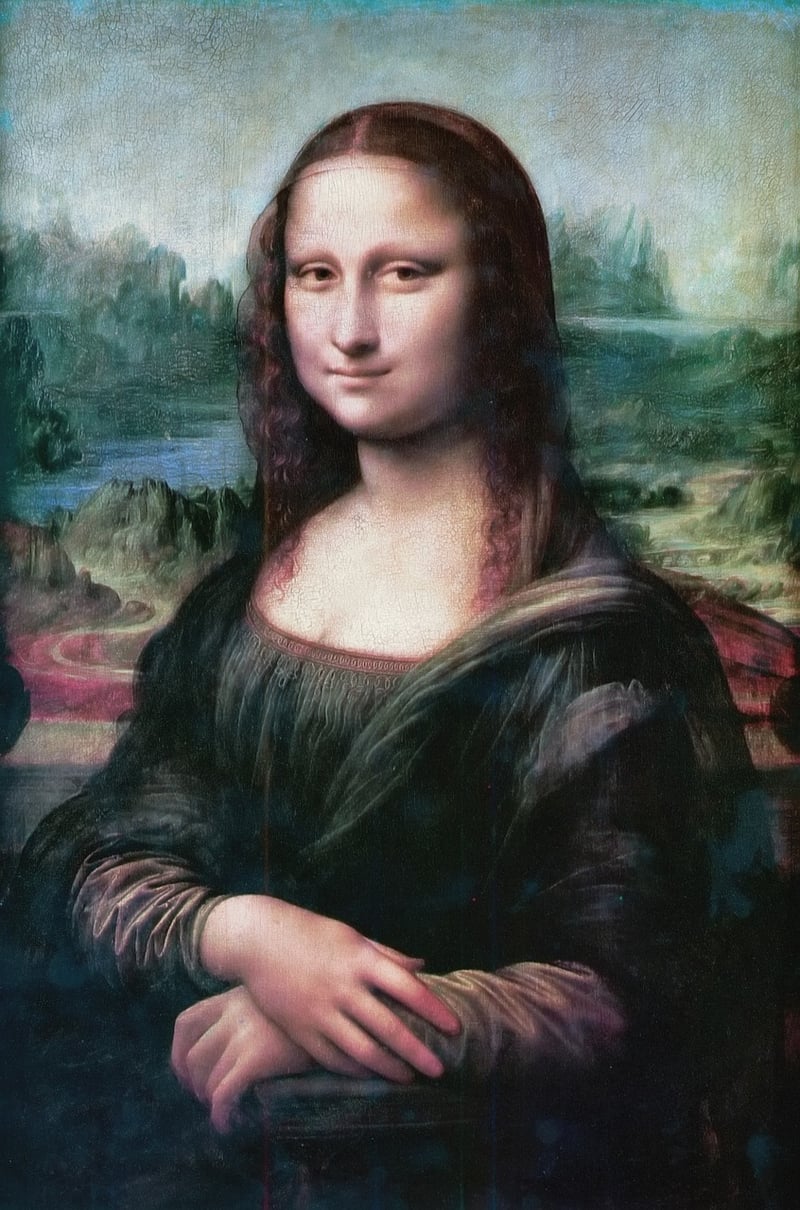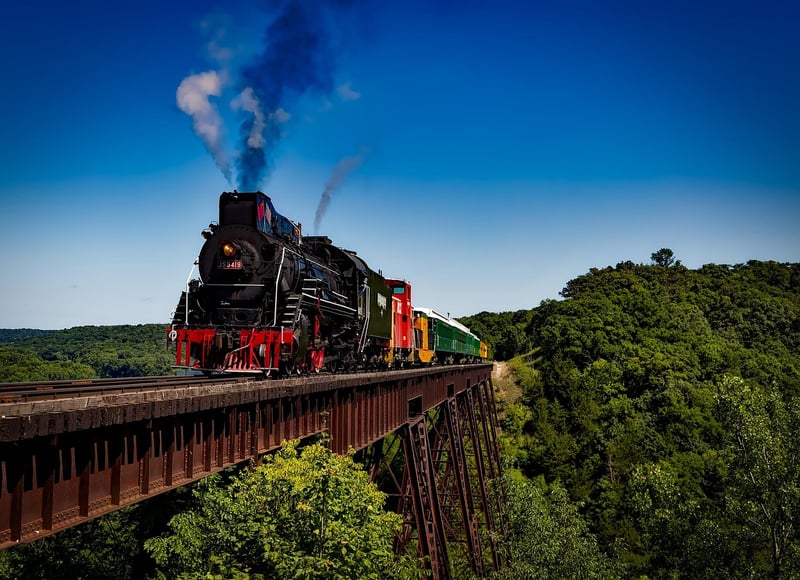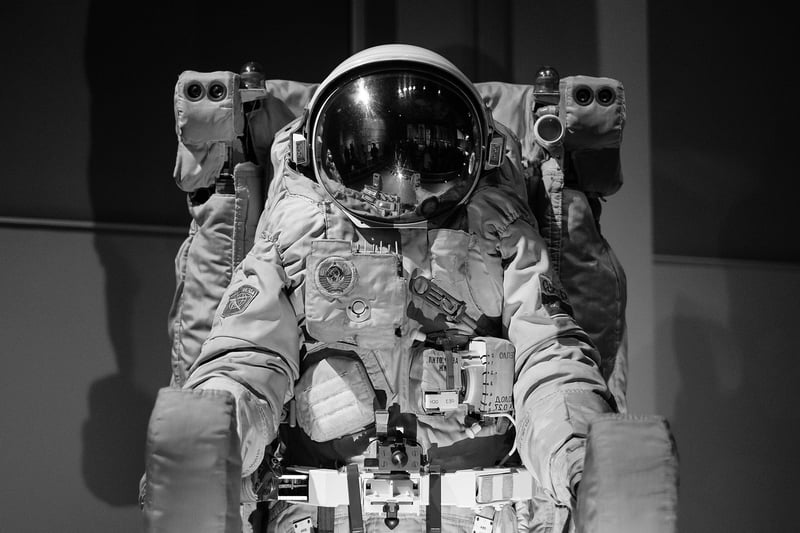Future Exploration
Exploring Different Eras and Future Exploration
Introduction
Exploring different eras and the concept of future exploration opens up a world of possibilities and discoveries. From ancient civilizations to modern space exploration, each era presents unique opportunities for learning and growth.
Ancient Civilizations
Ancient civilizations like the Egyptians, Greeks, Romans, and Mayans have left behind remarkable legacies that continue to intrigue historians and archaeologists. Exploring their ruins, artifacts, and technologies provides insights into their way of life, beliefs, and achievements.

The Renaissance
The Renaissance was a period of great cultural and artistic revival in Europe, marked by advancements in science, art, and literature. Exploring the works of Leonardo da Vinci, Michelangelo, and other luminaries of the time offers a glimpse into this transformative era.

Industrial Revolution
The Industrial Revolution brought about significant changes in manufacturing, transportation, and communication. Exploring the inventions of this era, such as the steam engine and telegraph, sheds light on how technology transformed society.

Space Exploration
Space exploration represents humanity's quest to understand the cosmos and our place within it. From the first moon landing to the exploration of Mars and beyond, each mission pushes the boundaries of knowledge and inspires future generations.

Future Exploration
The future of exploration holds exciting possibilities, from deep-sea exploration to interstellar travel. Advancements in technology, such as AI, robotics, and virtual reality, are shaping the way we explore new frontiers and expand our understanding of the universe.

Conclusion
Exploring different eras and future frontiers allows us to appreciate the achievements of the past, understand the present, and envision a future filled with endless exploration and discovery. Embracing curiosity and innovation is key to unlocking the mysteries of the universe and shaping the course of history.
